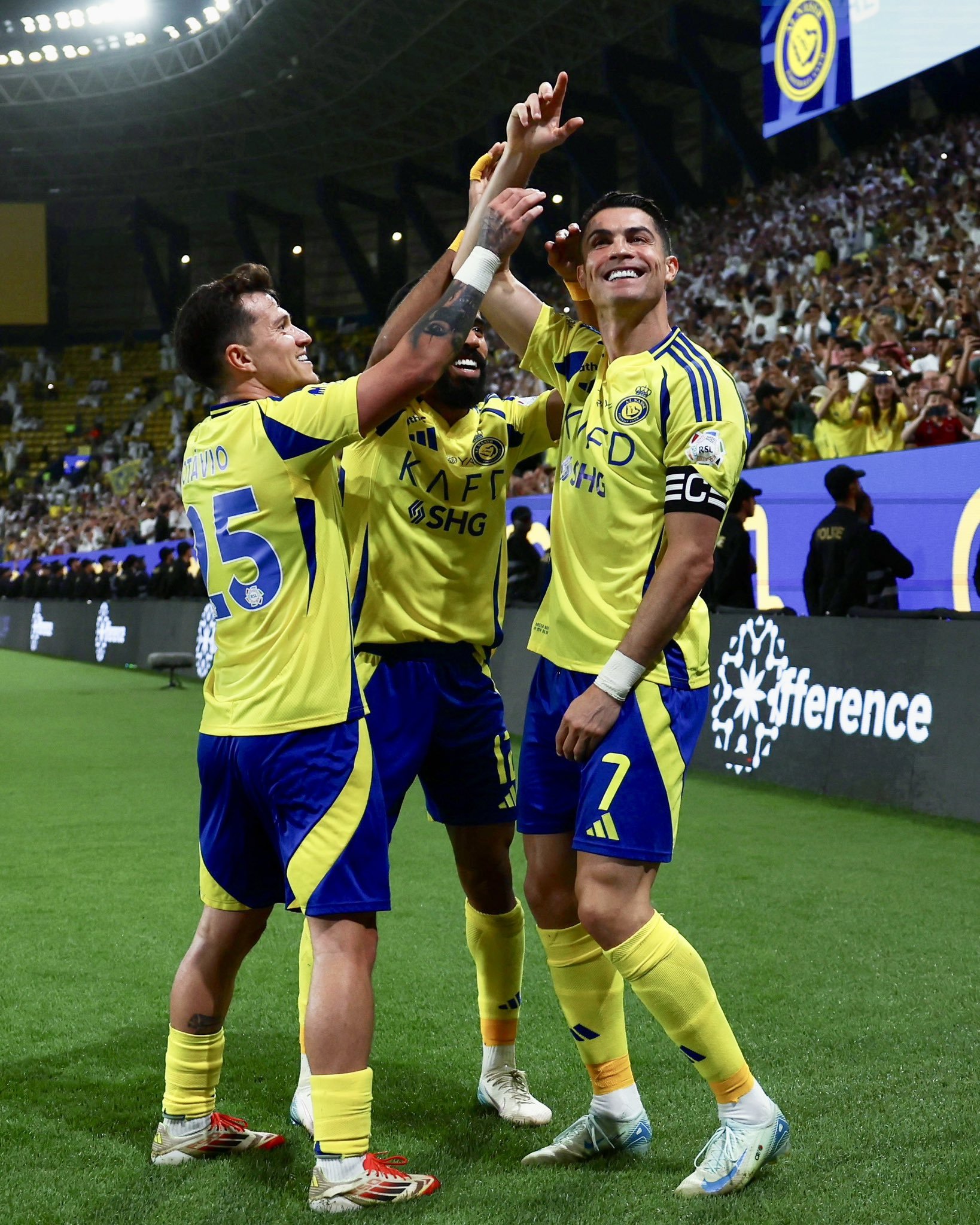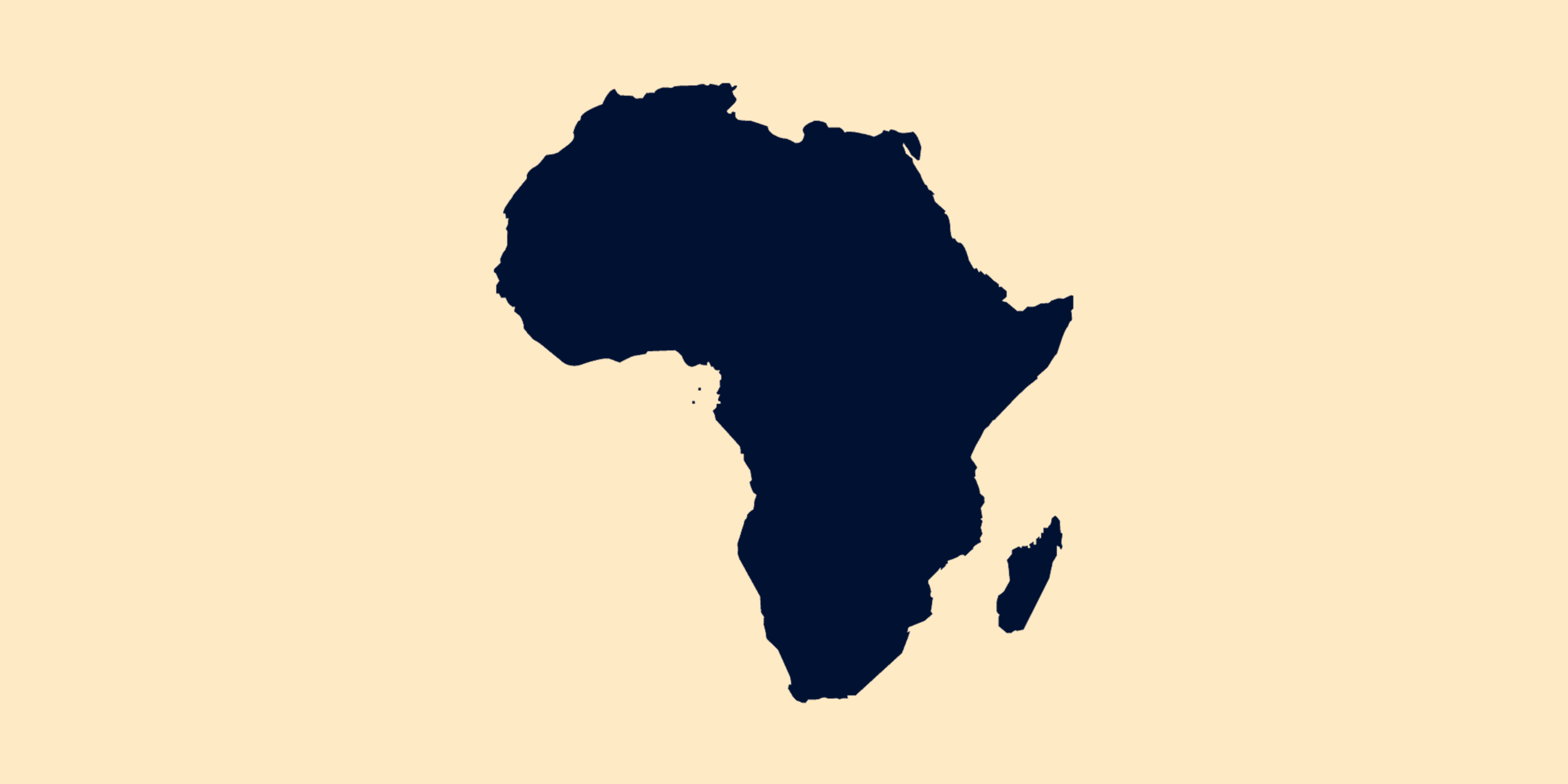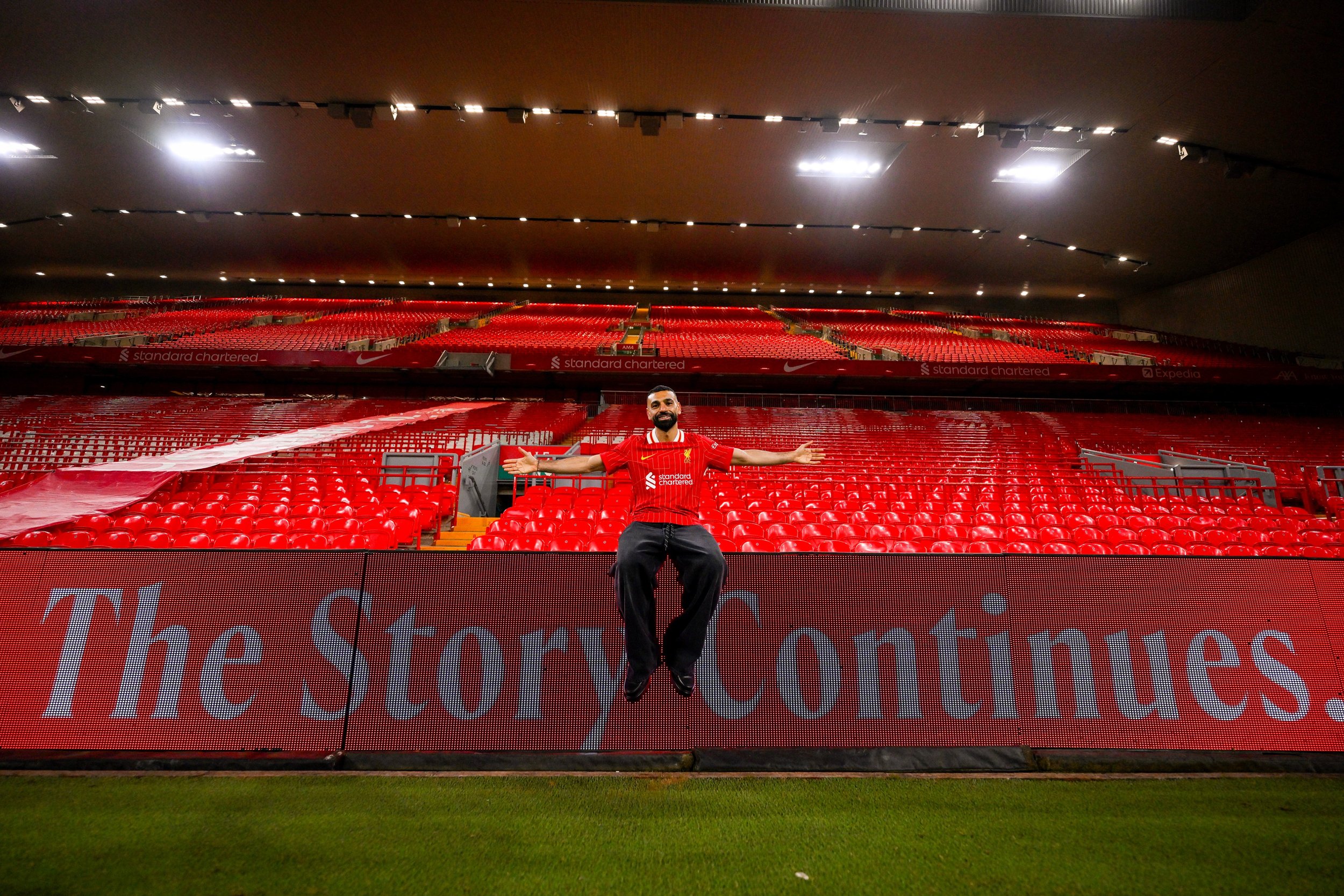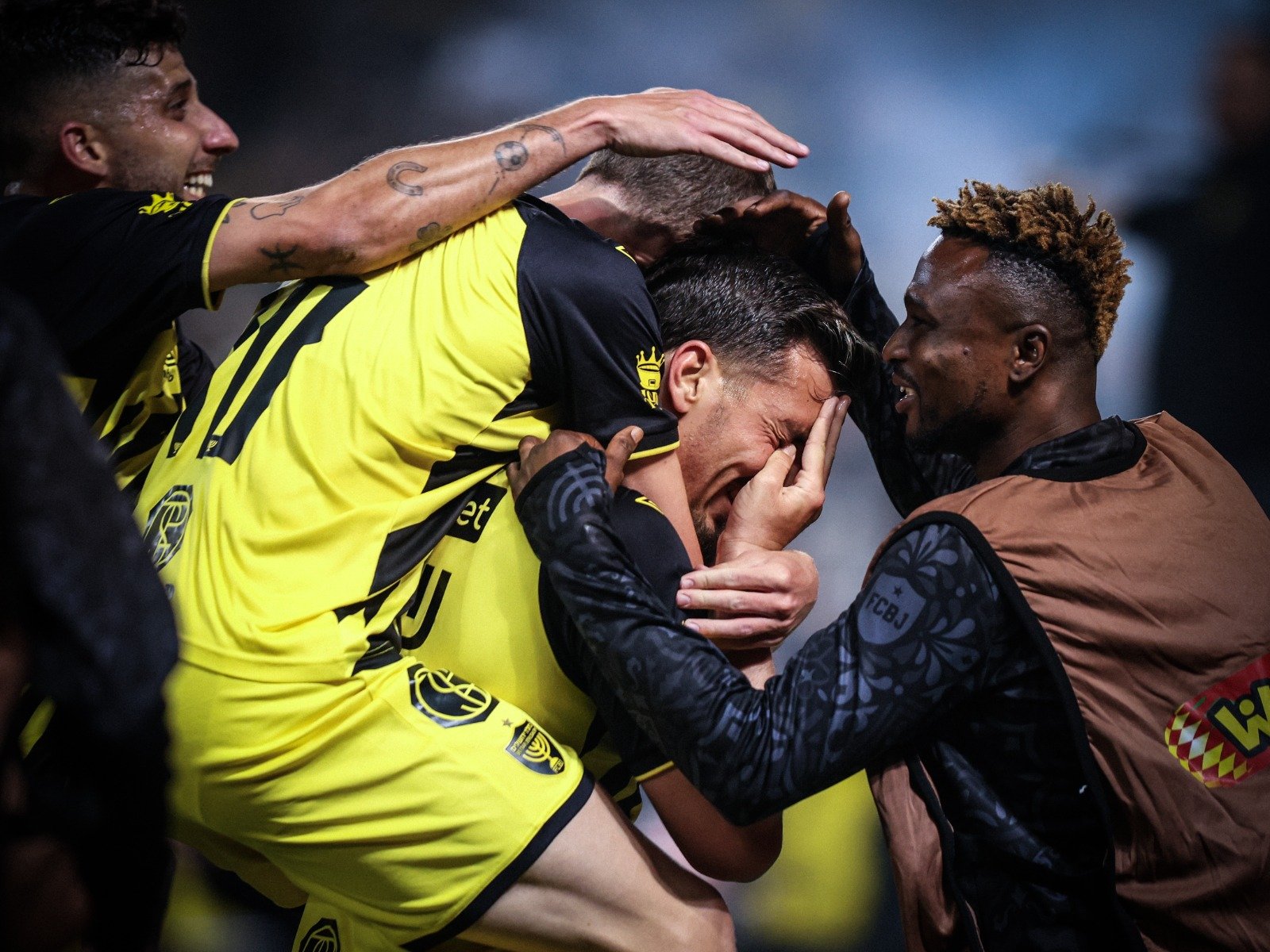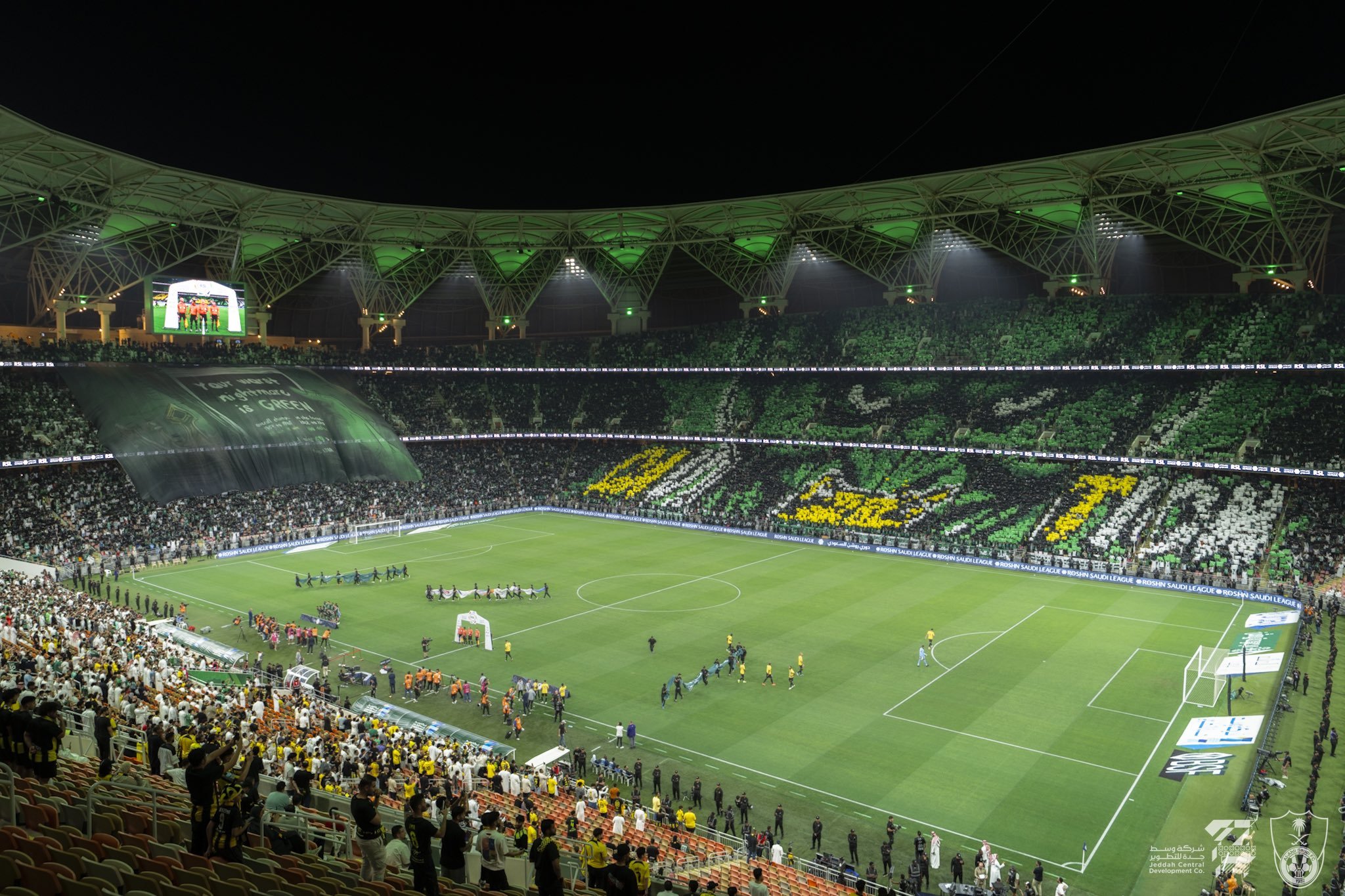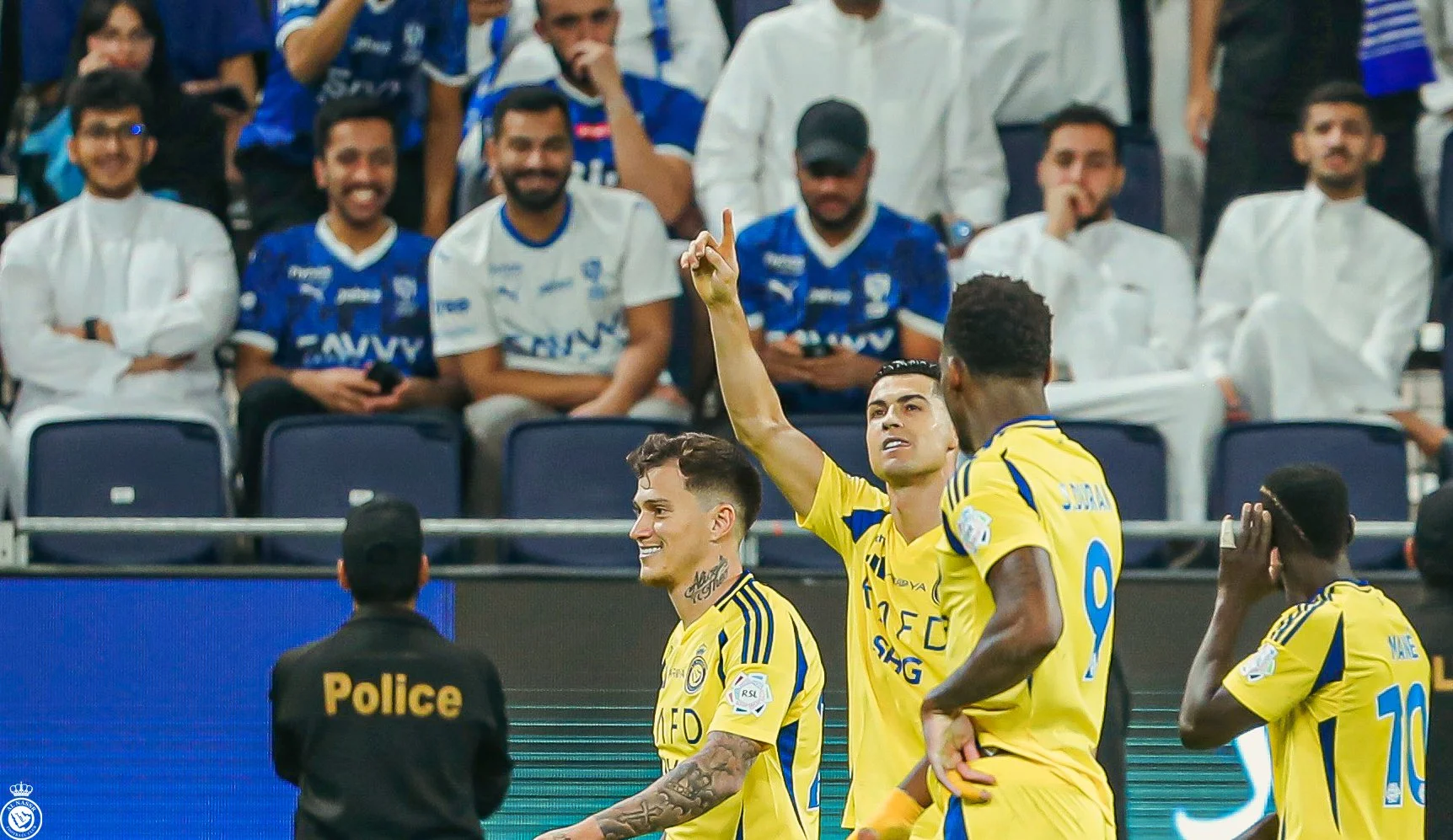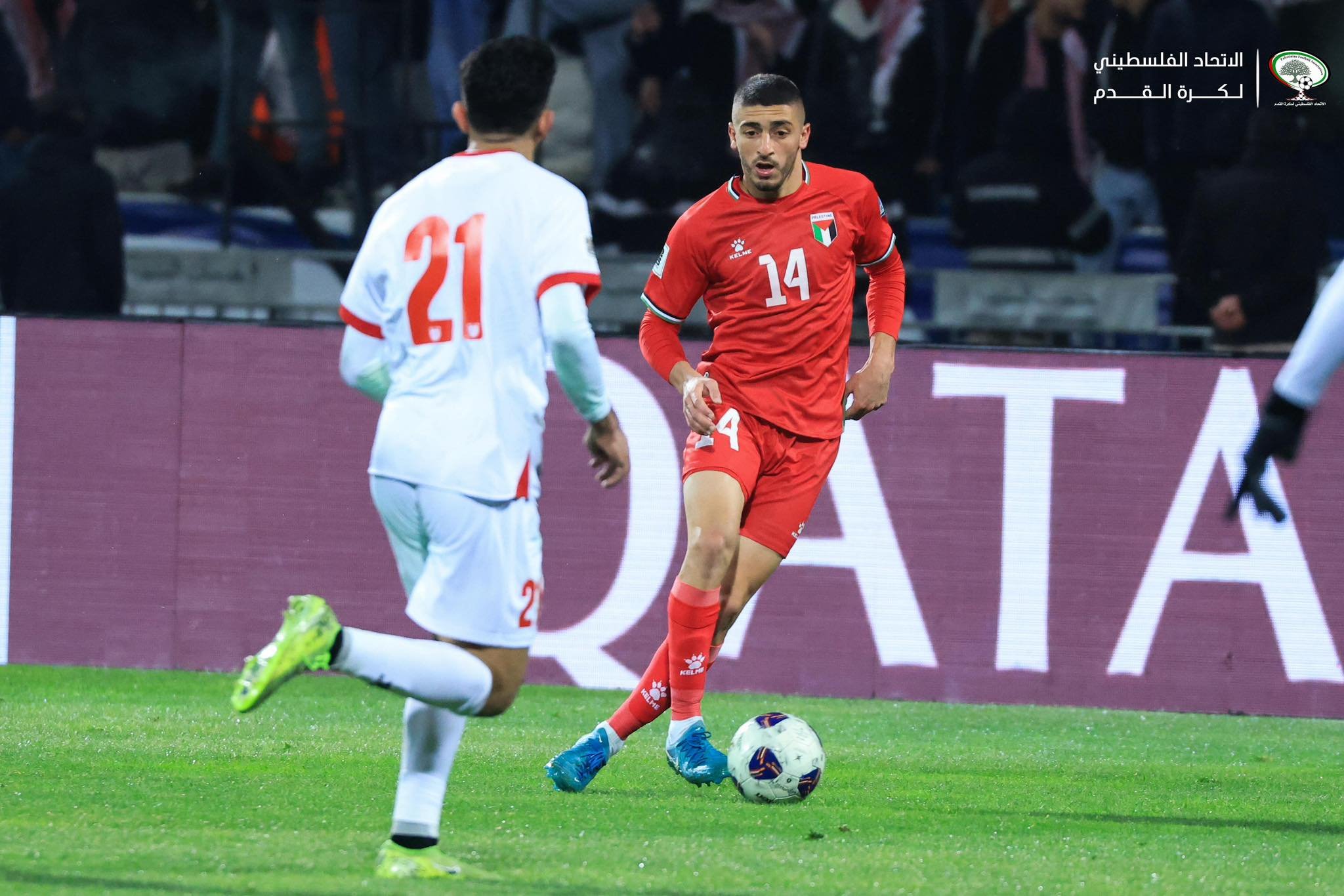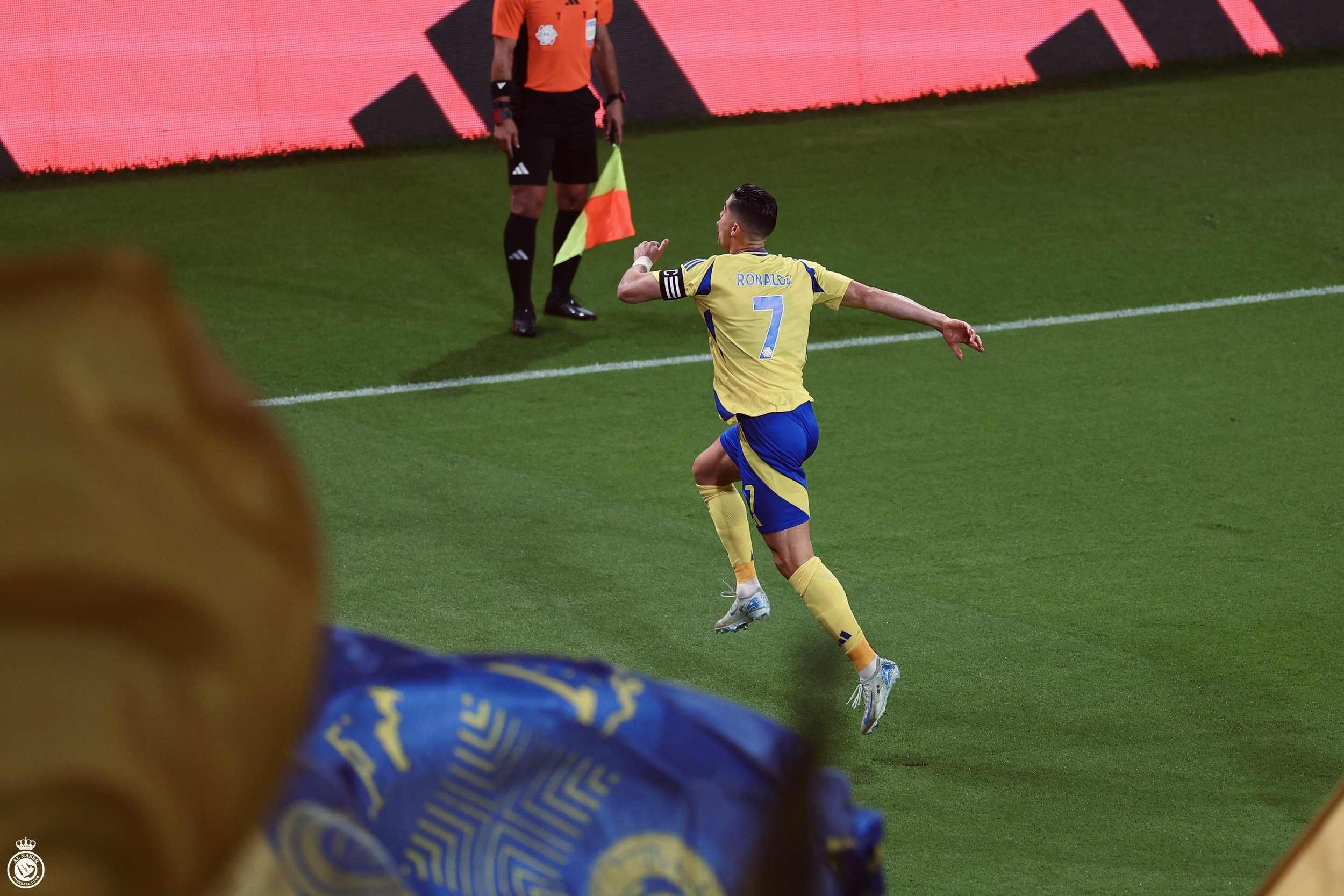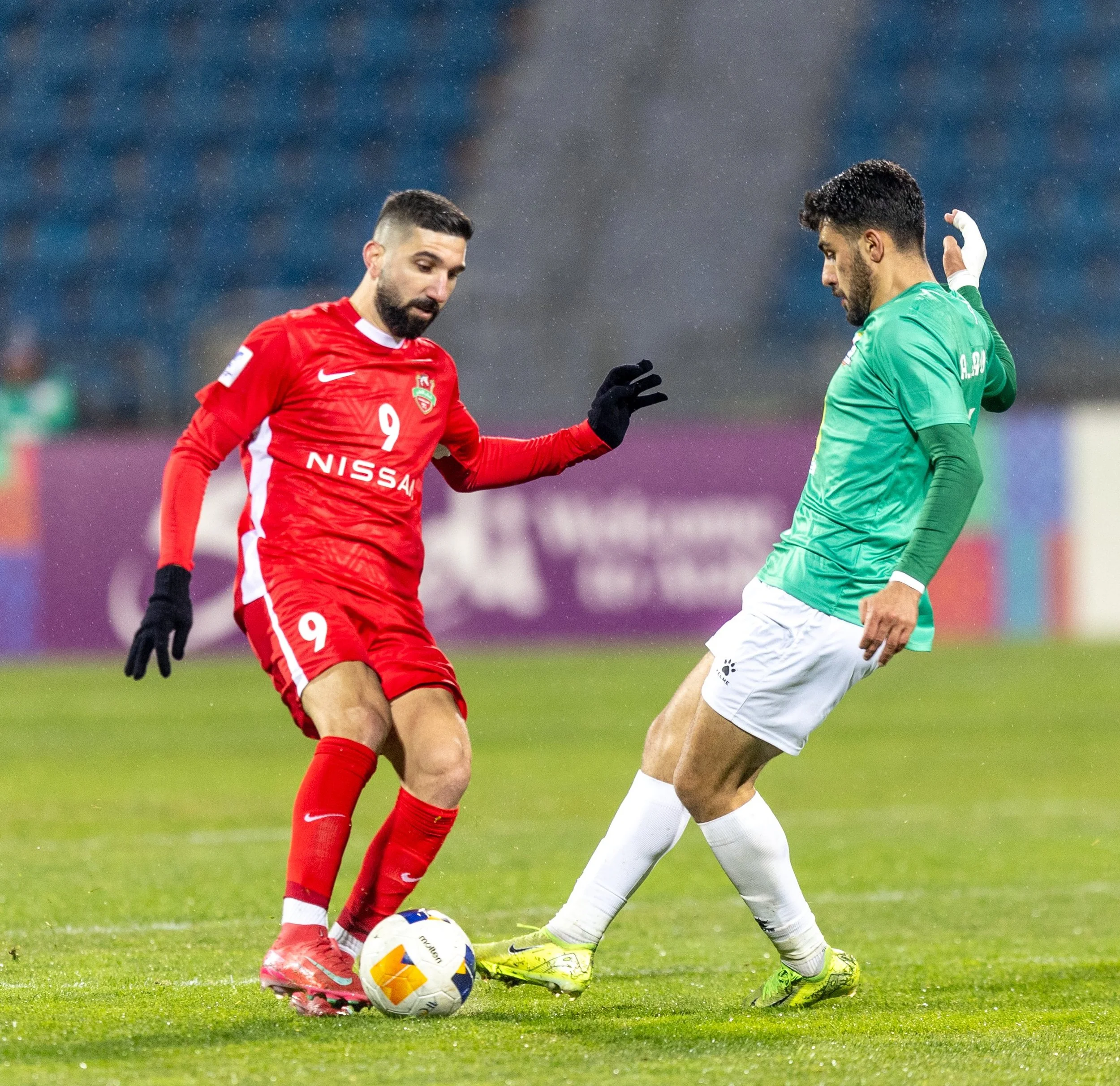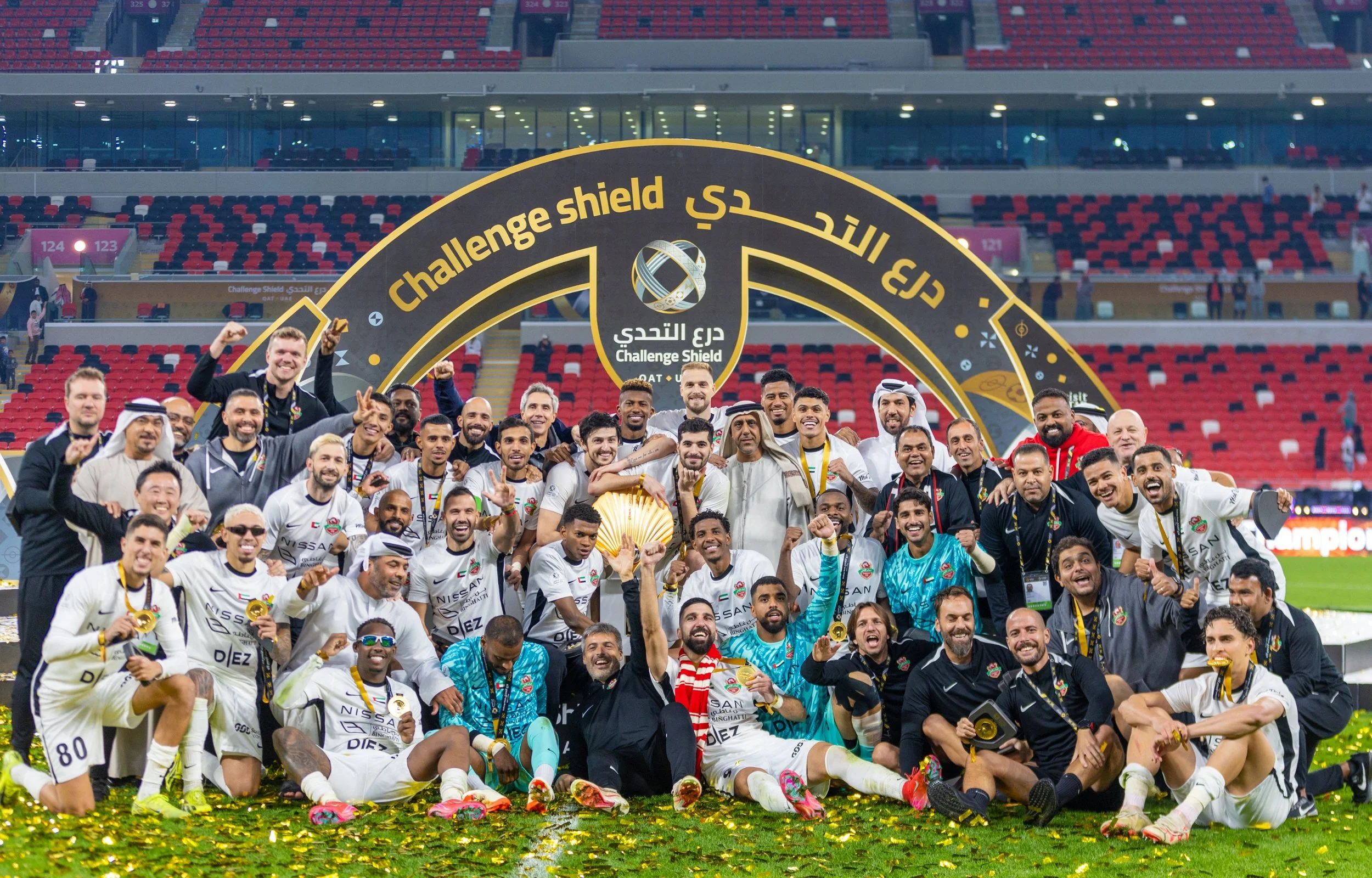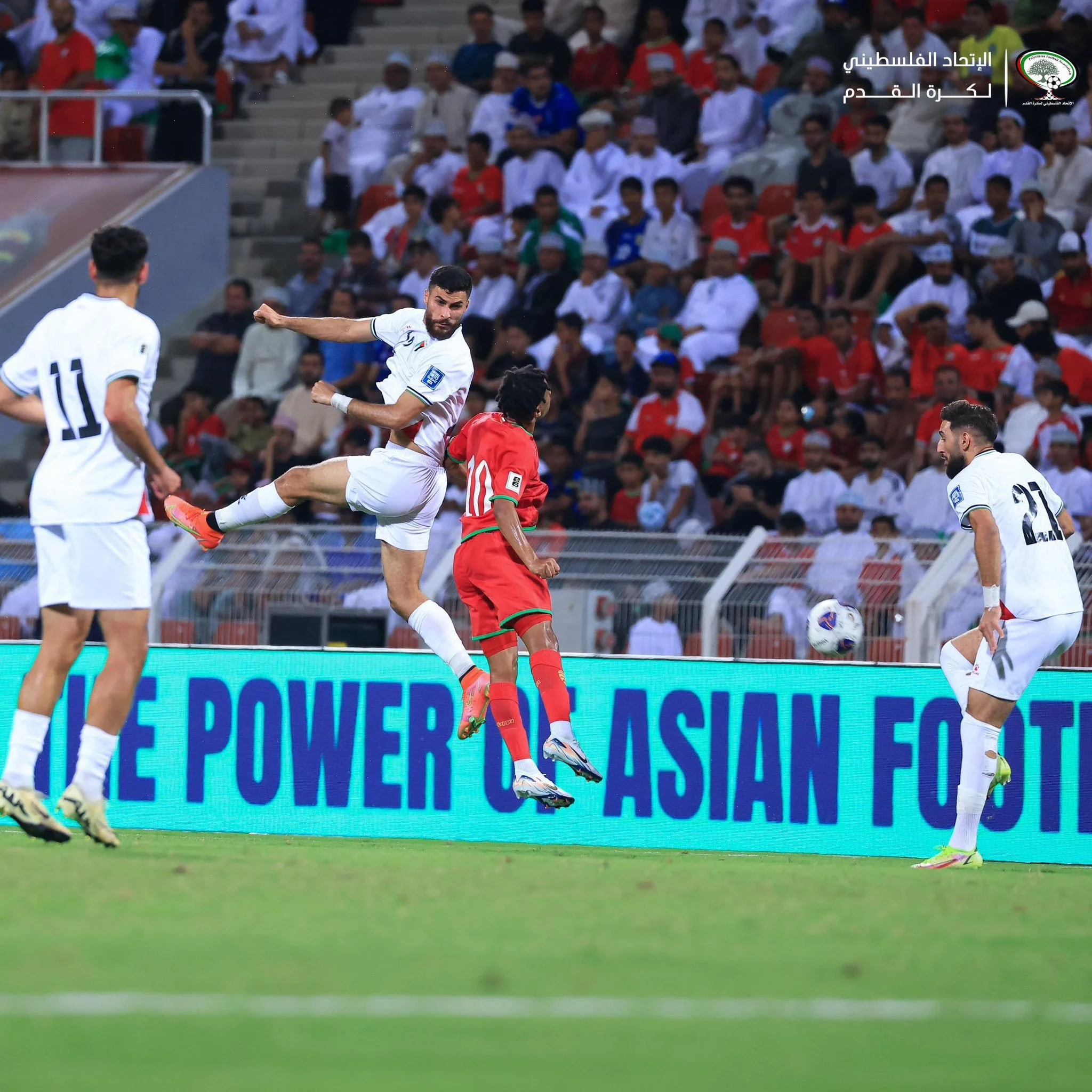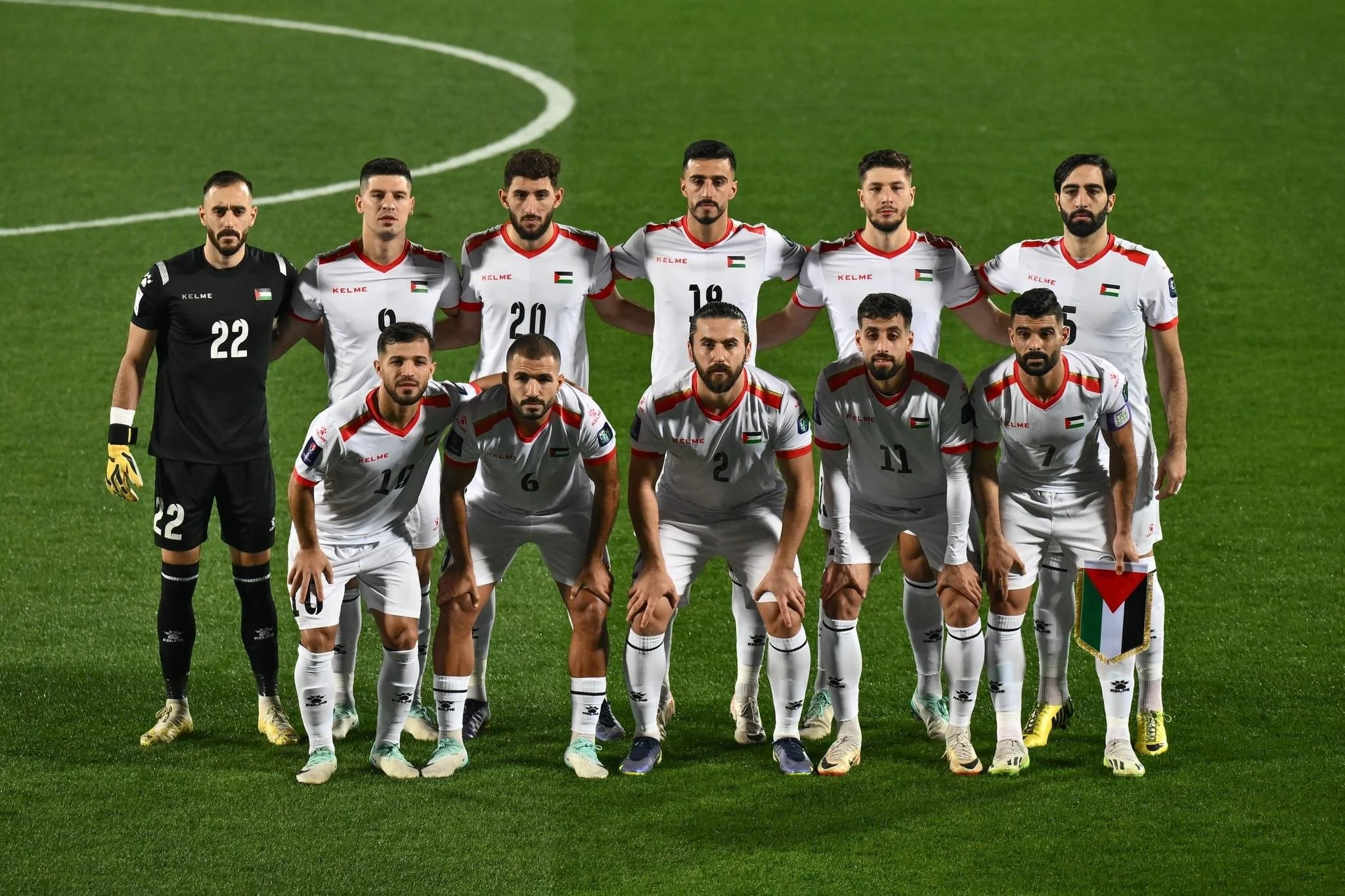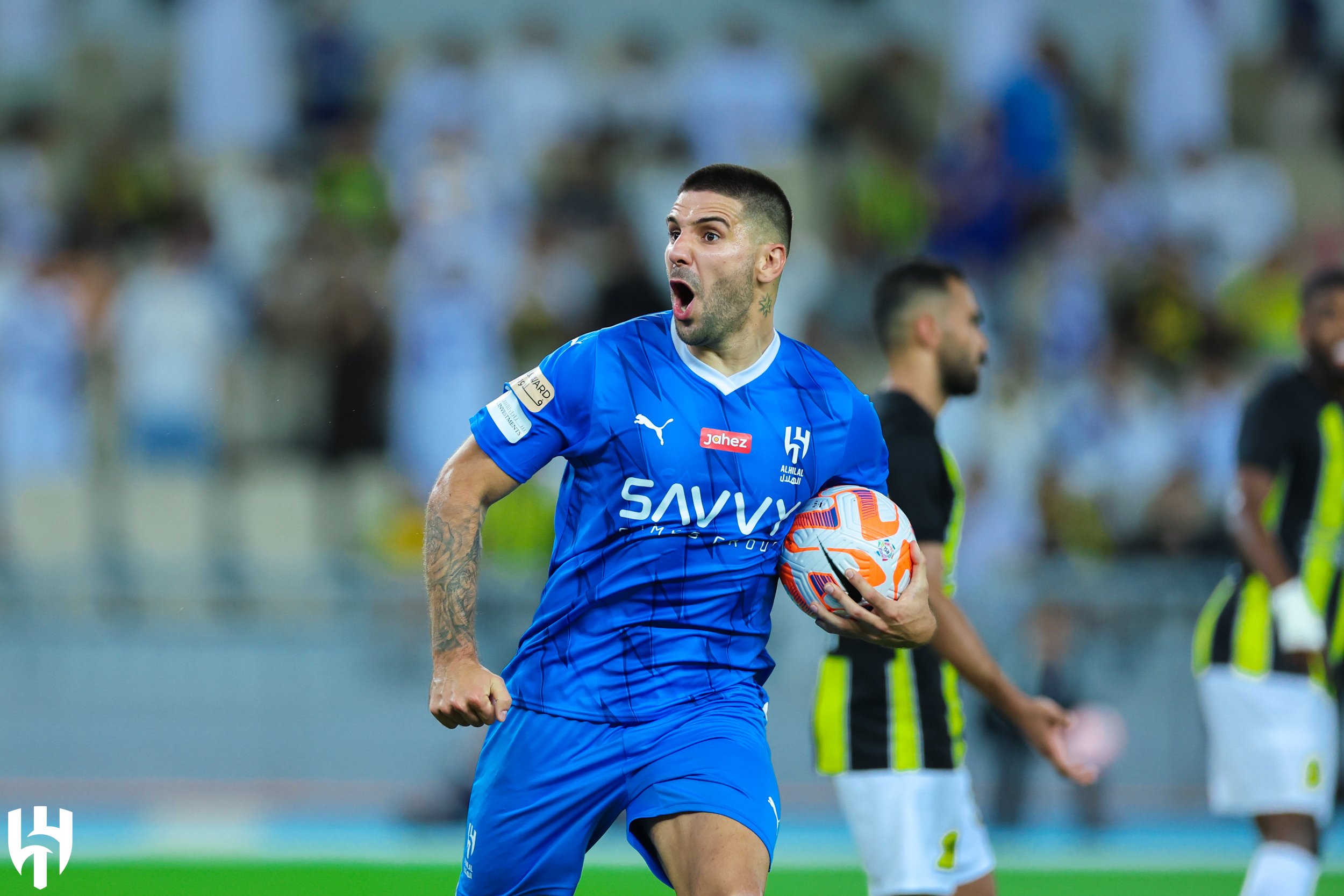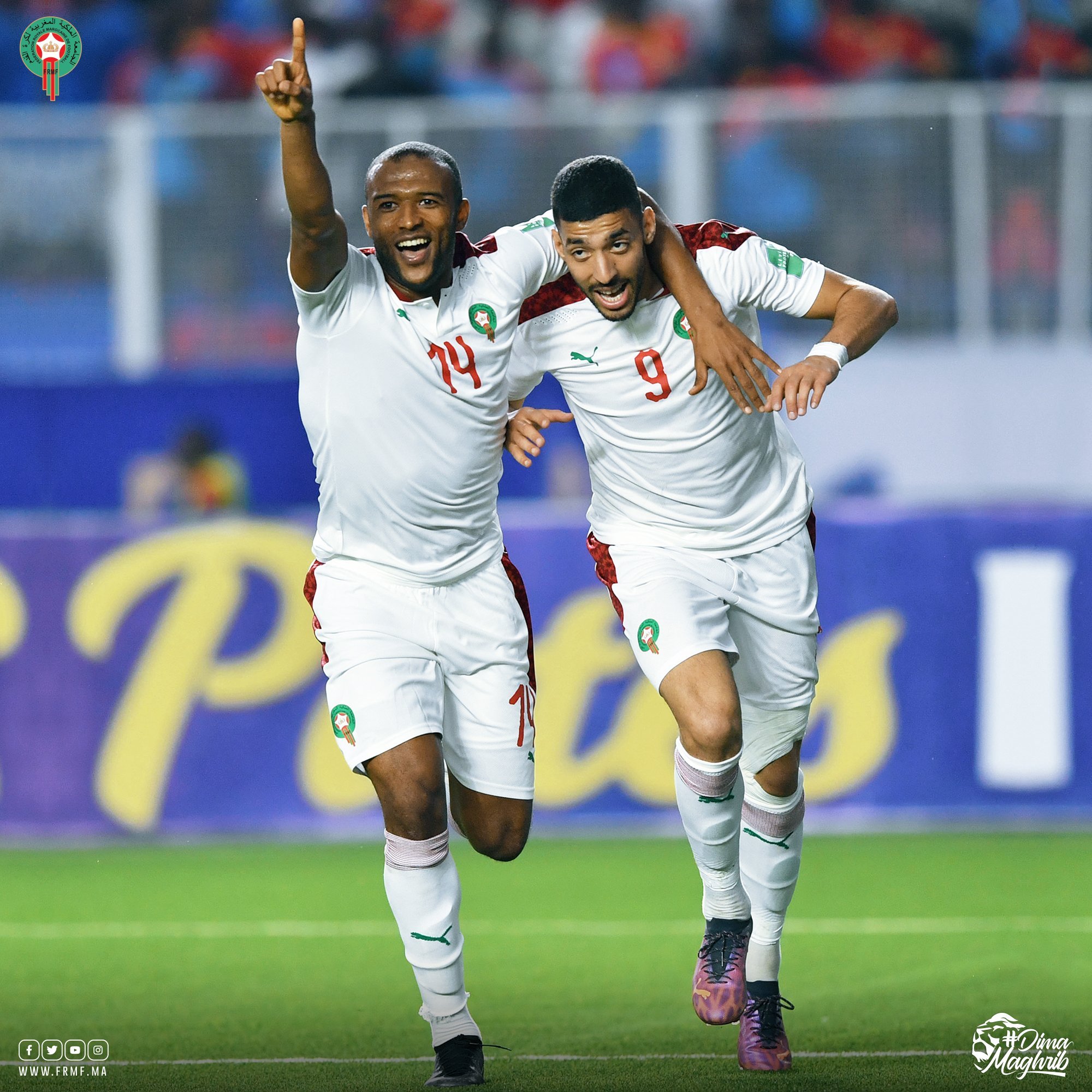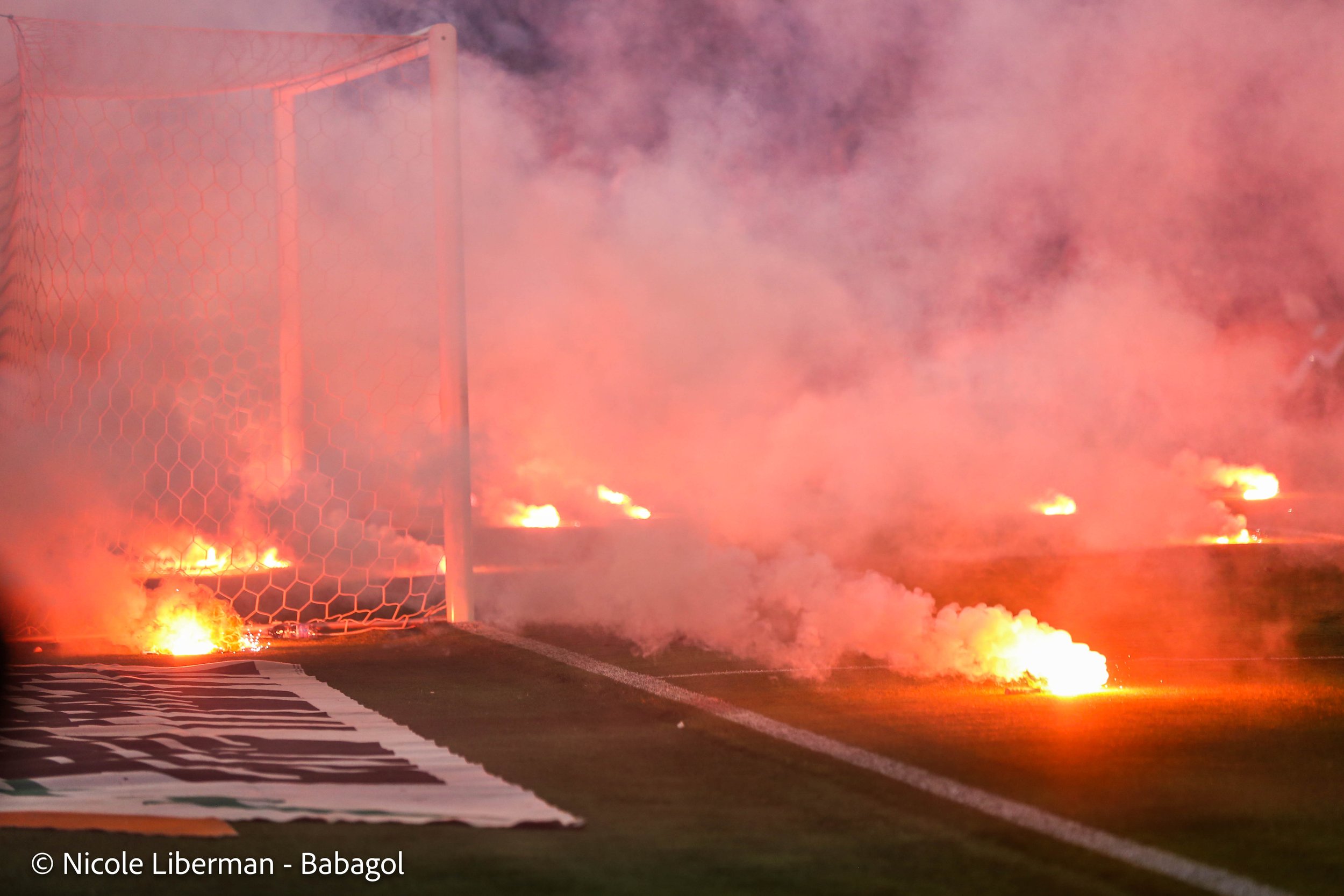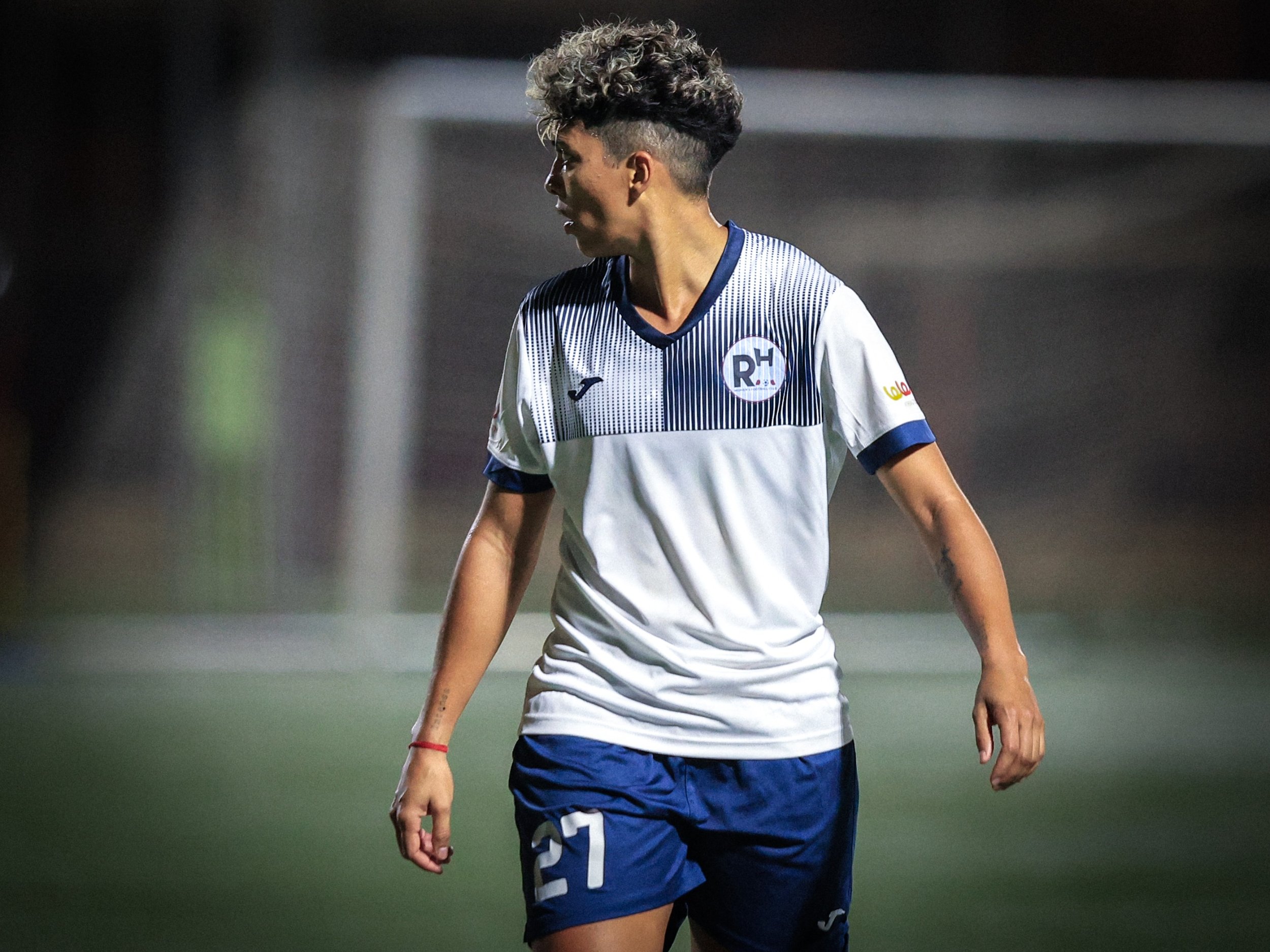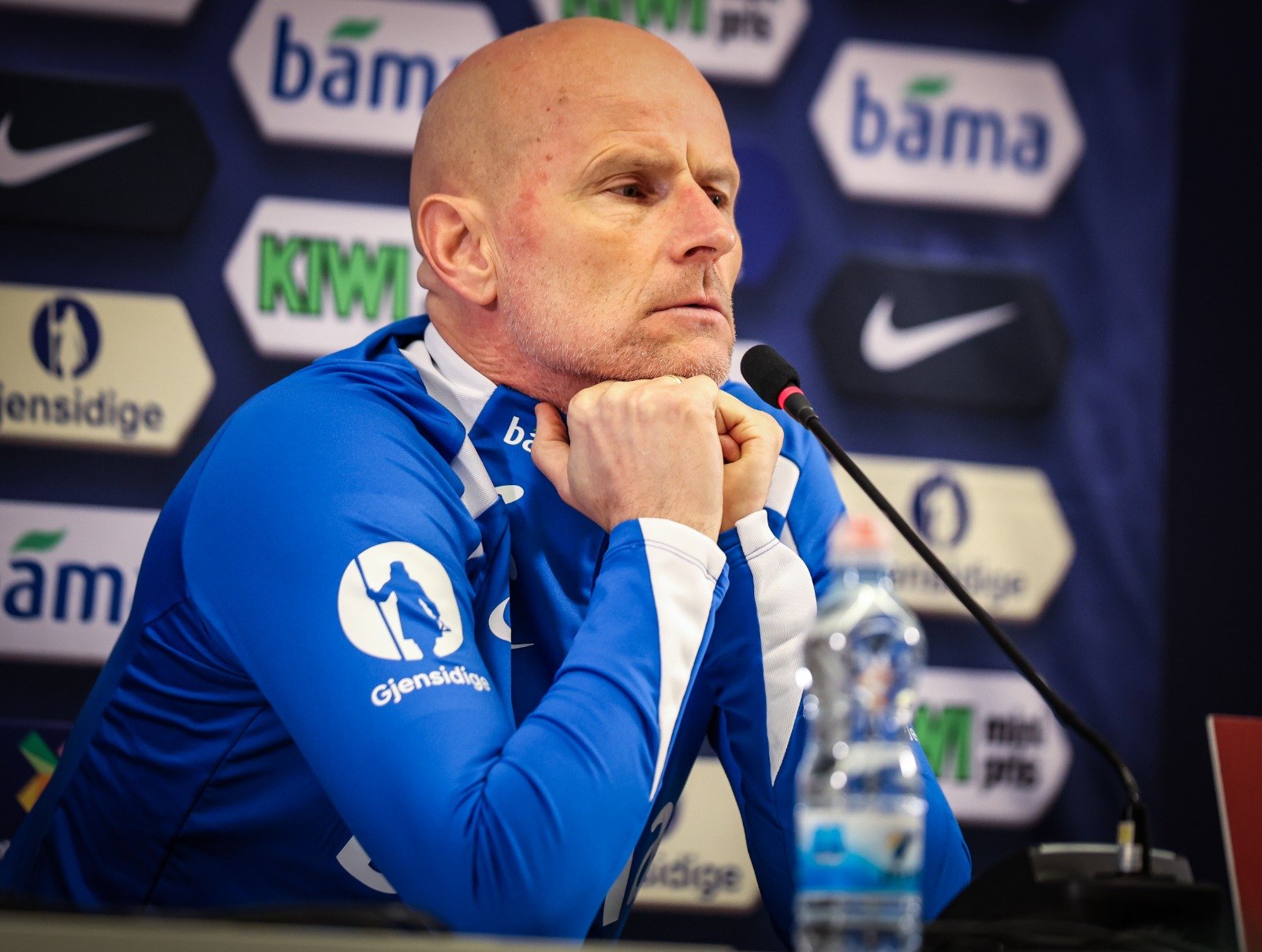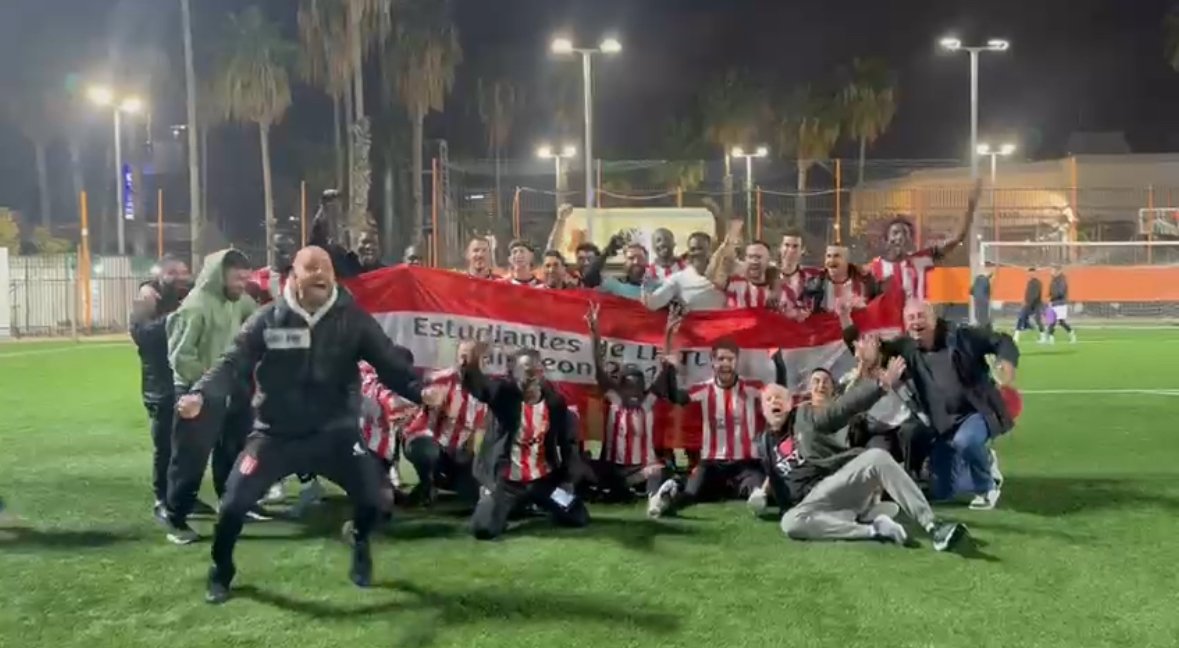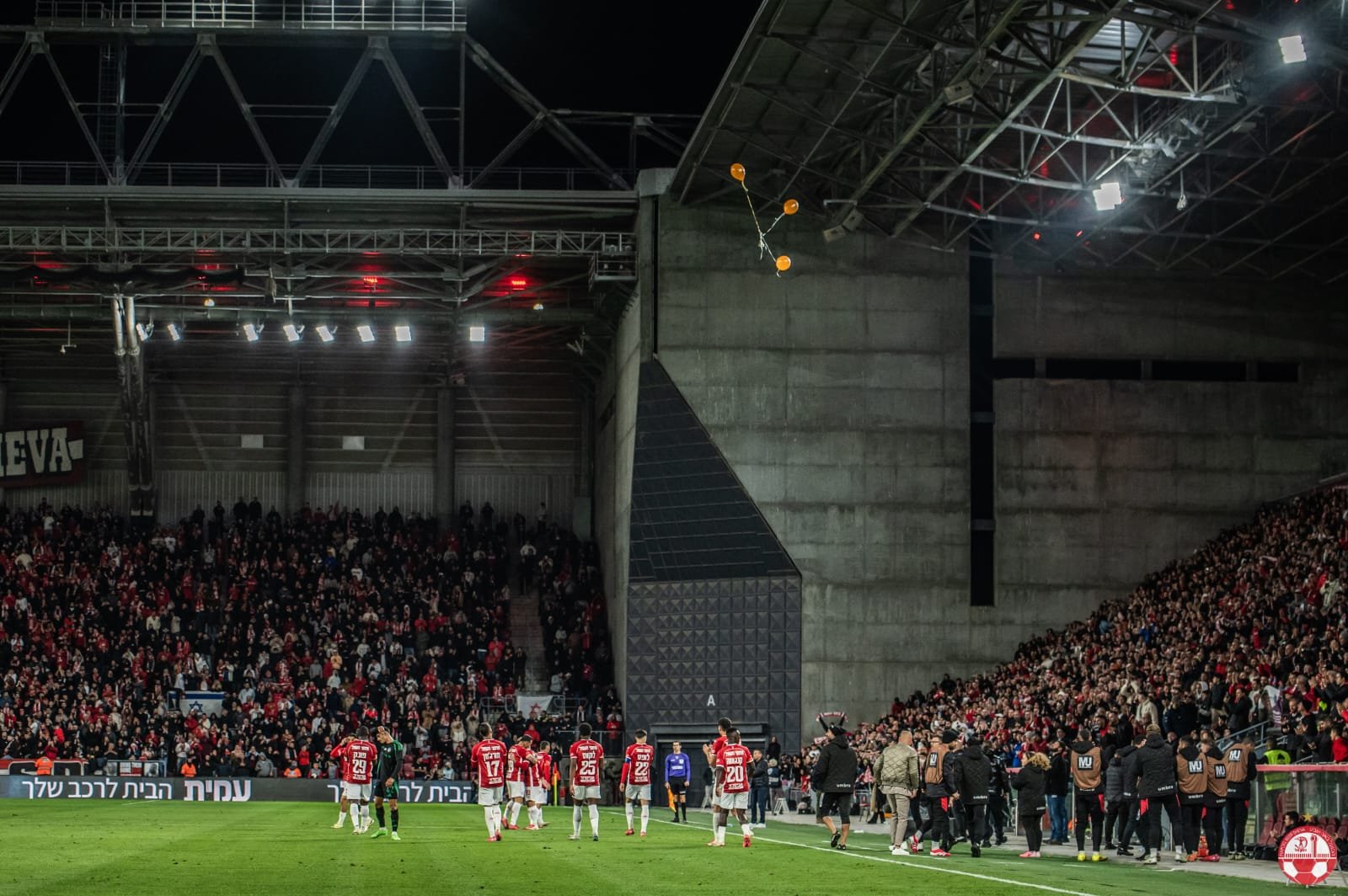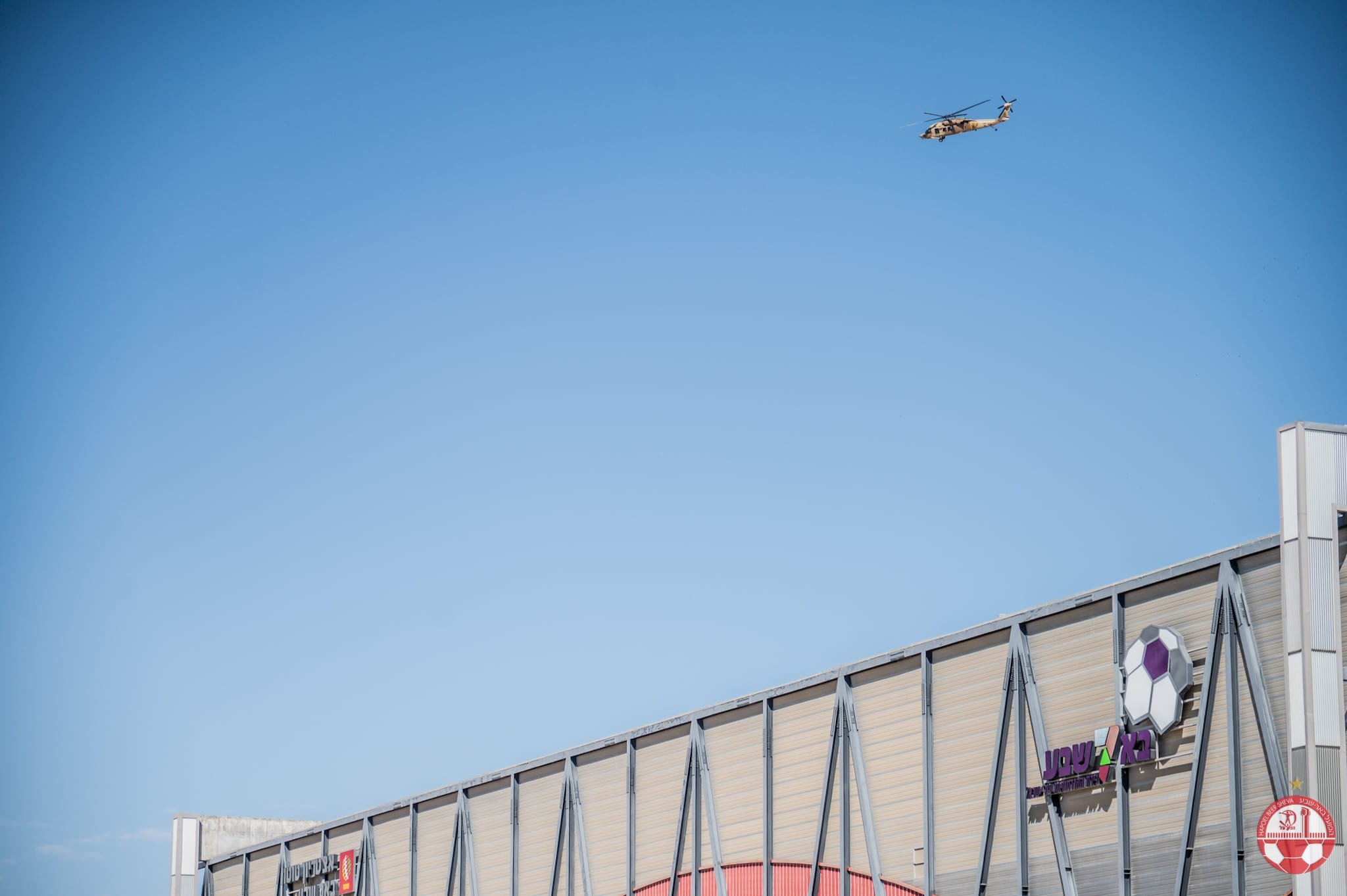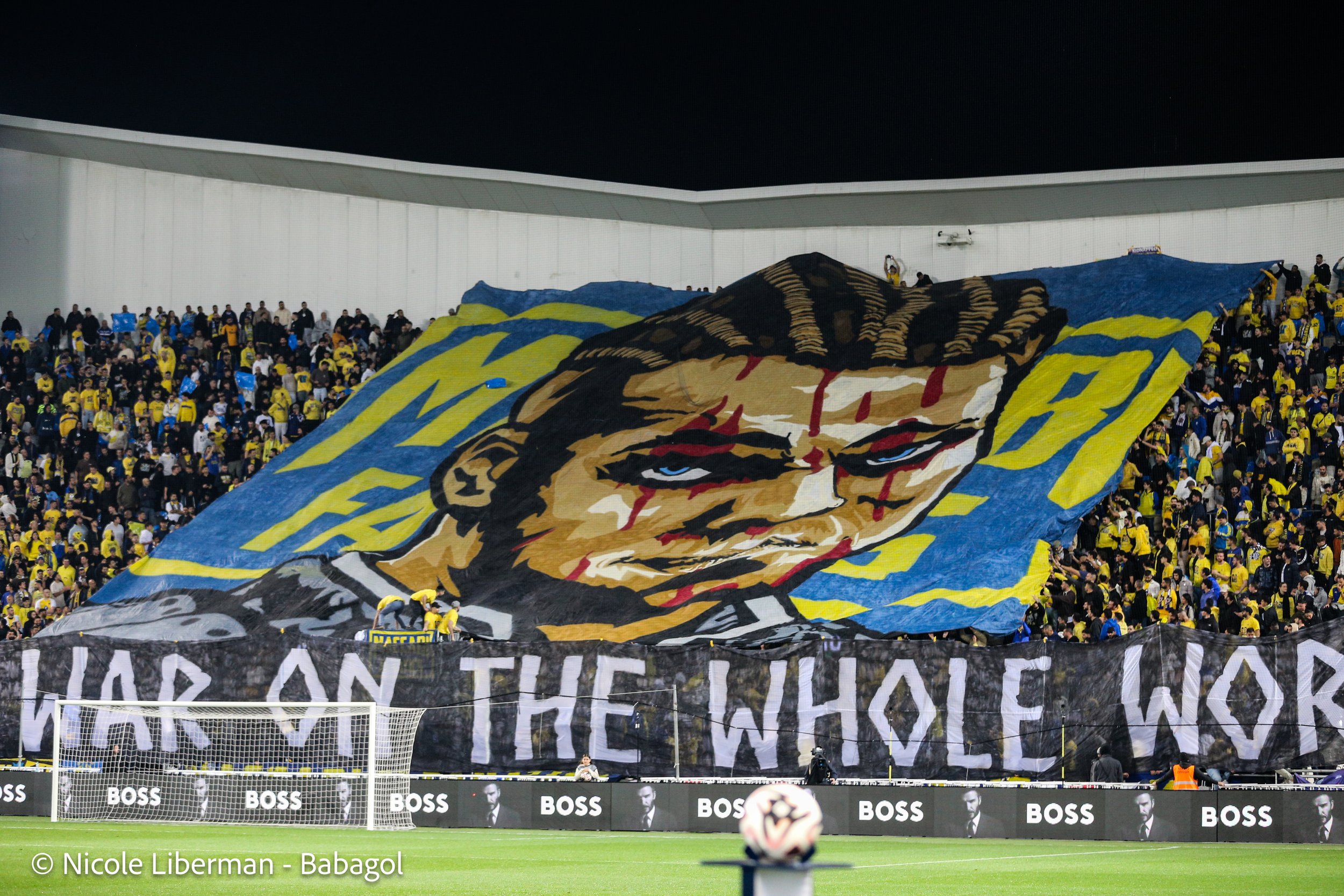Edited by Alex Smith
This December, for the first time, a UAE national football team will head to Israel to play a game of football.
The UAE under-19’s will be taking part in a winter tournament in the country, alongside German, Russian and Israeli youth teams. According to the Israeli FA, official confirmation of the UAE’s intention to play in the tournament arrived earlier this week, and it’s thought that their FA’s president, Sheikh Rashid bin Hamed al-Naimi, could also be joining them.
Historical: The youth national team the UAE 🇦🇪 will play a tournament in #Israel 🇮🇱 next December. Russia 🇷🇺 and Germany 🇩🇪 will also take part.
— Uri Levy (@Levyninho) October 31, 2021
It’s a result of the MOU, the Memorandum of Understandings, signed in Dubai at the end of last year, by the two associations in a ceremony attended by both FA presidents, and FIFA president Gianni Infantino.
It’s a historical moment, especially when you look back at the history the Israeli national team has had with other Middle Eastern sides in the last century. The past is fractured and disputed, both in football and in politics.
The Mandatory Palestine national team, comprising what is modern-day Israel and Palestine, played Egypt in the 1934 World Cup qualifiers, with a team primarily made up of Jewish athletes. They suffered two memorable losses, 7-1 in Cairo and 4-1 in Tel Aviv.
In 1964 Israel, which was part of the Asian footballing world until the 70’s, hosted the Asian Cup - and won it. It looks like a greater achievement than it actually was, most teams had withdrawn as a result of the Arab-Israeli conflict.
At club level, Hapoel and then Maccabi Tel Aviv won the Asian Champions League in 1967, 1969 and 1971 - again, other teams had boycotted the tournament.
The last time another team from the Middle East played an Israeli opponent was back in the 70’s, when both Iran and Israel competed in the 1974 Asian Games, meeting each other in the final. Since then, there has been almost a complete disconnect between Israel and the rest of the region when it comes to sport.
But since the Abraham Accords statement last year, there are signs of normalisation in the footballing relationship between Israel and the UAE: Dia Saba and Abdallah Khalaikhal, Arab citizens of Israel, signed for Al Nasr Dubai from the Emirati ADNOC League, both leagues and associations signed MOU's for the future, and Israel’s Maccabi Haifa and UAE’s Al Ain signed a cooperation agreement.
When the Abraham Accords announcements were made, people thought the impact would be fast and immediate in terms of football, but these take time.
This December, we will see an official national team of an Arab country playing football in Israel for the first time. The fact that it is a youth team that will play in Haifa hints that this match is only an intro to a game between the two senior national teams.
And who knows, perhaps, just like we heard here last week, a co-hosting project for the 2030 FIFA World Cup?




